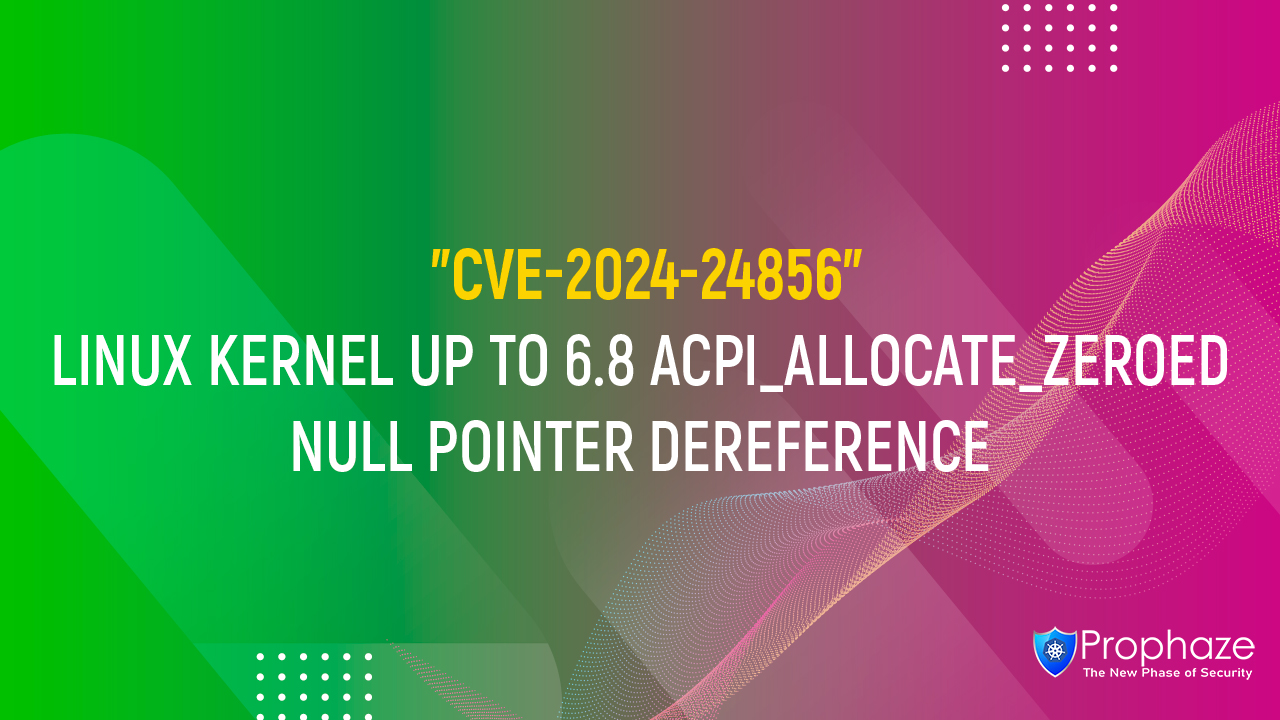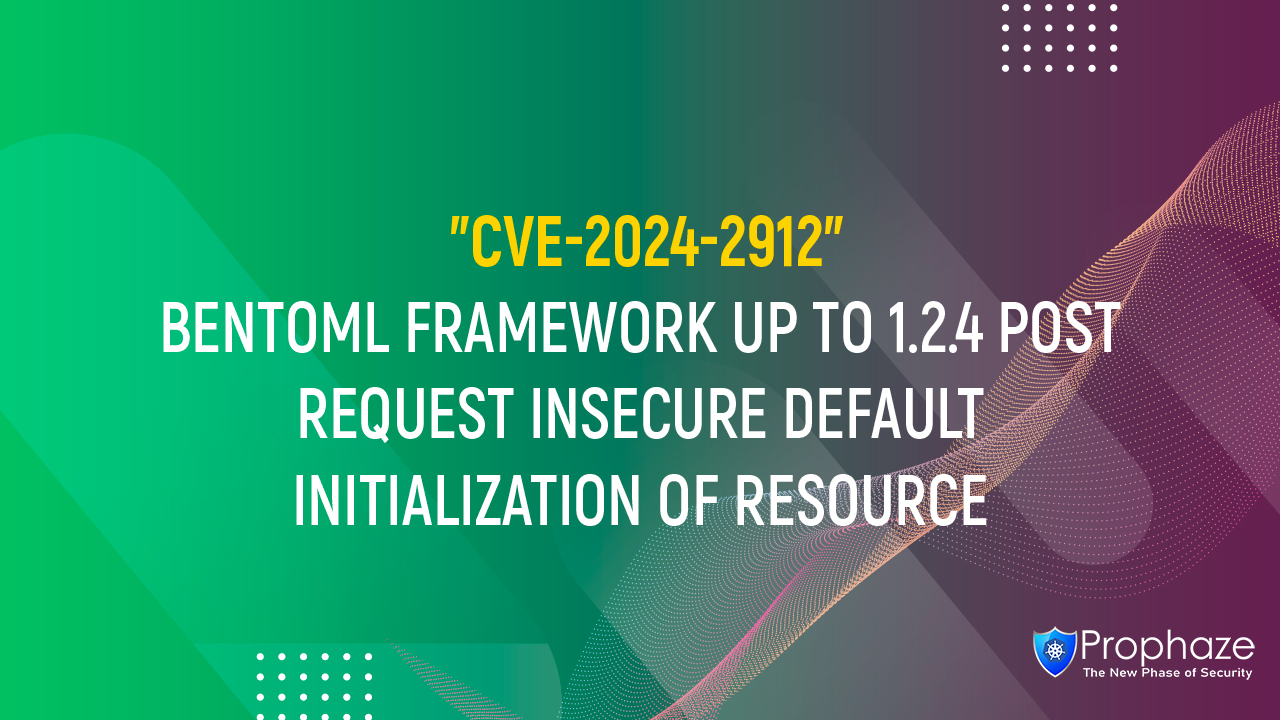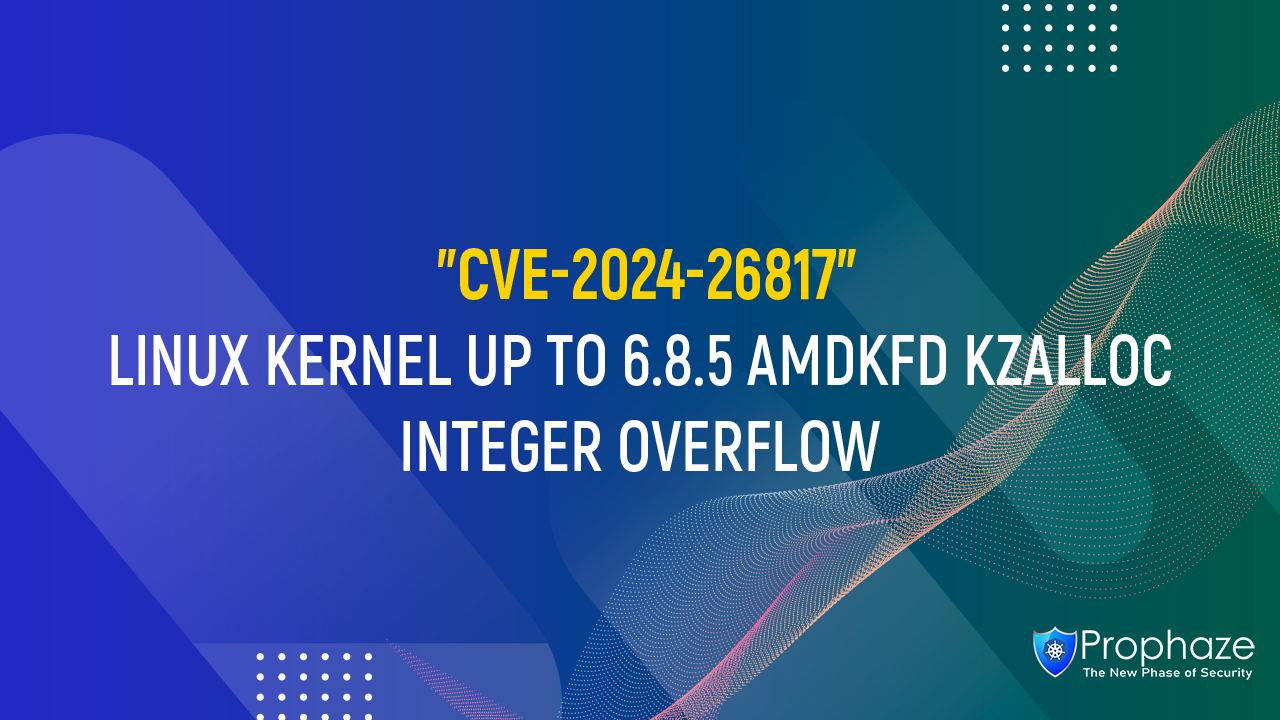http://mccallsnurseries.com/wp-json/oembed/1.0/embed?url=http://mccallsnurseries.com/ Summary
Symantec has released an update to address an issue that was discovered in the Data Center Security Manager component.
Affected Product(s)
| Data Center Security Manager Component |
| CVE |
Affected Version(s) |
Remediation |
| CVE-2020-5832 |
Prior to 6.8.2 (aka 6.8 MP2) |
Upgrade 6.8.2 (aka 6.8 MP2) |
Issue Details
| CVE-2020-5832 |
| Severity/CVSSv3: |
Medium / 6.7 AV:L/AC:H/PR:L/UI:R/S:U/C:H/I:H/A:H |
| References:
Impact: |
NVD: CVE-2020-5832
Privilege Escalation |
| Description: |
Symantec Data Center Security Manager Component, prior to 6.8.2 (aka 6.8 MP2), may be susceptible to a privilege escalation vulnerability, which is a type of issue whereby an attacker may attempt to compromise the software application to gain elevated access to resources that are normally protected from an application or user. |
Mitigation & Additional Information
The mentioned issue was validated by the product team engineers. A Symantec Data Center Security Manager Component update, version 6.8.2 (aka 6.8 MP2), has been released which addresses the aforementioned issue. The latest releases and patches for Symantec Data Center Security are available to customers through normal support channels. At this time, Symantec is not aware of any exploitations or adverse customer impact from these issues.
Symantec recommends the following measures to reduce risk of attack:
- Restrict access to administrative or management systems to authorized privileged users.
- Restrict remote access to trusted/authorized systems only.
- Run under the principle of least privilege, where possible, to limit the impact of potential exploit.
- Keep all operating systems and applications current with vendor patches.
- Follow a multi-layered approach to security. At a minimum, run both firewall and anti-malware applications to provide multiple points of detection and protection for both inbound and outbound threats.
- Deploy network and host-based intrusion detection systems to monitor network traffic for signs of anomalous or suspicious activity. This may aid in the detection of attacks or malicious activity related to the exploitation of latent vulnerabilities.
- Install DCS Agent to lockdown the DCS Manager to restrict access only from authorized systems.
Acknowledgements






